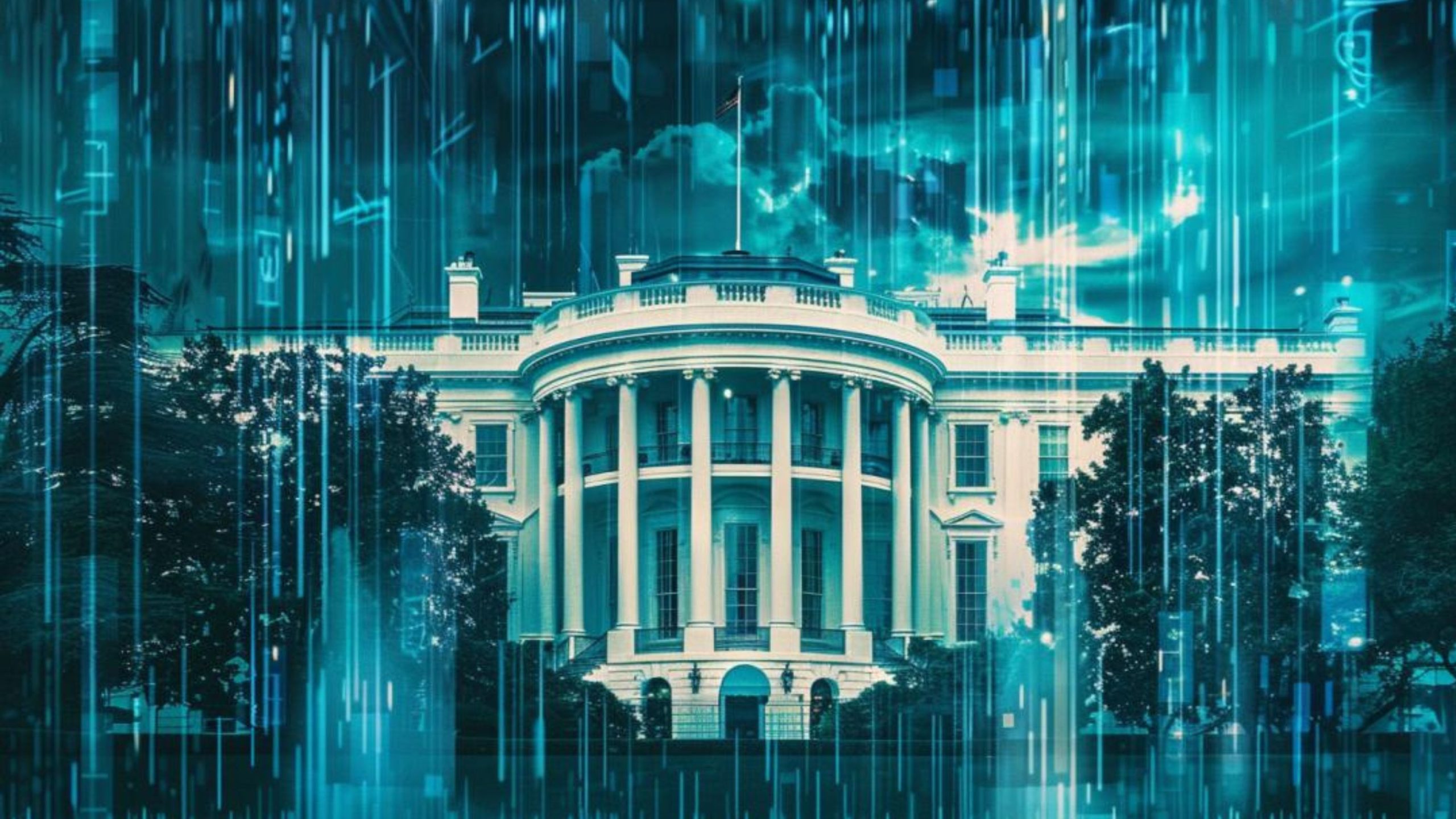The Biden administration reinforces its ranks with what some reports see as yet more ardent censorship advocates.
This time it’s Andy Volosky, whose “claim to fame” thus far has been to wholeheartedly support the banning of President Donald Trump by former Twitter (while Trump was still president).
Unsurprisingly, his other efforts are advocating for even stricter online censorship (“content moderation”) than what social platforms have been doing for almost a decade now.
Volosky has now been given the right to serve this administration as deputy director of platforms for the White House’s Office of Digital Strategy. Serving the people, critically minded cynics might remark, would probably require a different mindset and a different set of skills.
But depending on how long the current administration manages to hang on to power, Volosky may not be on in the new job for long.
George Washington University Professor Jonathan Turley makes a note of this appointment as he explores what might turn out to be one of the nadirs in US history where freedom of expression is concerned.
Turley goes as far as to assert that President Biden is “the most anti-free speech president since John Adams.” This is a bold statement, not least because more than two centuries of “enlightenment” in many areas of politics in the US separate the two figures.
But, not when it comes to progress in the realm of free speech, according to the legal scholar. And moves like bringing Volosky in certainly do little to discredit these claims.
Other than revealing a particular mood now developing among the Biden administration, months before he is to face Trump again, the appointment is indicative as Volosky previously made sure to be known as a Trump-basher.
“What took them so long?” was Volosky’s comment about former Twitter banning a sitting president – a censorship decision so unprecedented even many of those opposing Trump and wanting him gone second-guessed it on principle alone.
But Volosky didn’t seem to be about principles as his focus was setting “new standards” for branding political opponents as “autocrats” etc. – if that serves the purpose of shutting them up.
Yet, Twitter manages to outlast its own censorship, and as Turley points out, come November – “Democracy is not on the ballot, but free speech is.”














